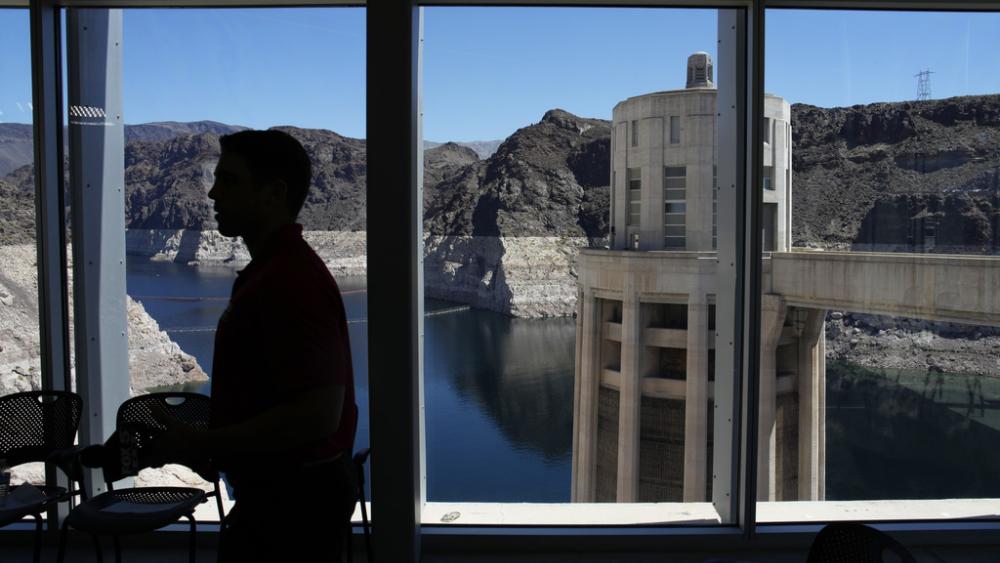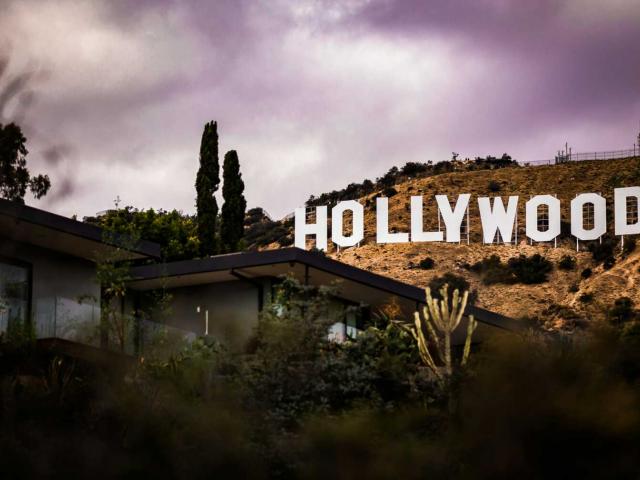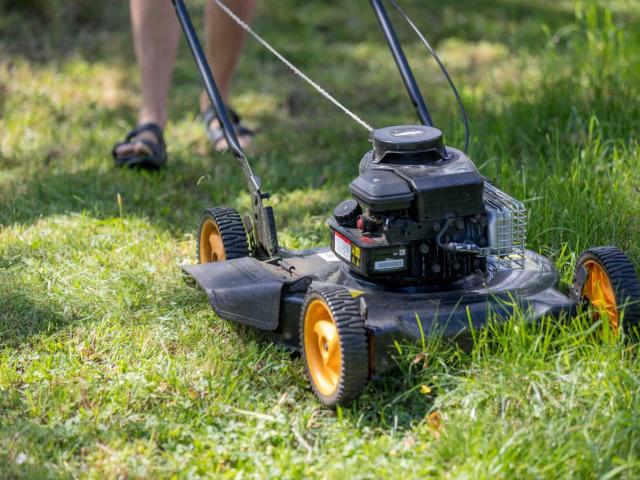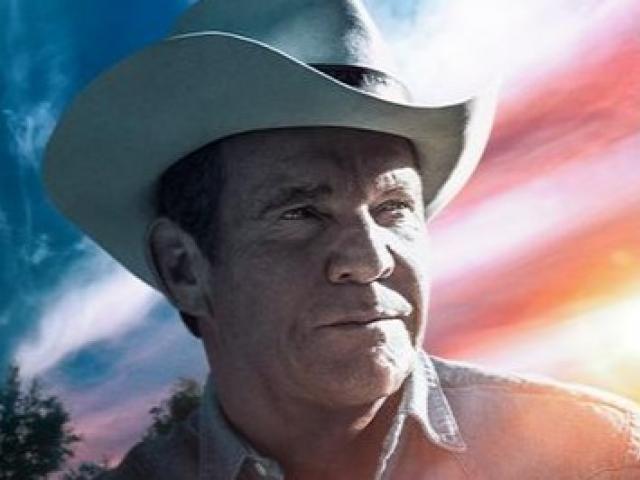Major winter storms in the western states left the Rocky Mountains with one of the largest snow packs on record. As that snow melts it's expected to help the depleted reservoirs of the Colorado River, which provides water for 7 states.
Adel Hagekhalil, general manager of the Metropolitan Water District of California put it simply, telling CBN News, Nature gave us a lifeline, and we can't waste that lifeline, right?"
The Colorado River feeds Lakes Powell and Mead, the nation's largest reservoirs, serving 40 million Americans across the states of California, Nevada, Arizona, Colorado, Wyoming, Utah and New Mexico.
It would be a catastrophe if the water stopped flowing.
Last year, as the reservoirs began to reach dangerously low levels, the federal government stepped in, ordering those states to significantly reduce water use.
Hagekhalil explained, "None of us want to compromise our water rights. None of us want to lose in this matter."
She says an agreement only happened when the Biden administration threatened a plan of its own that state leaders didn't feel served their best interests.
"Using the water rights did not work for Arizona, and the new alternative to cut across the board did not work for California and its water rights; so, neither one worked, and what we said – all of us said – we need to come up with a solution that utilizes what's on the table," Hagekhalil added.
As a part of the new deal, the 3 states consuming the most water from the Colorado River – Arizona, Nevada and California – agreed to conserve about 13 percent of their total allocation.
In exchange, they received about $1.2 billion in federal funding. Still, it's no long-term solution.
Jay Lund, Watershed Sciences Director at the University of California-Davis, noted, "We will defer the crisis for 3 years, maybe a little bit longer, but it's still a very urgent problem."
Lund points out that states will ultimately have to adapt to drier conditions and hotter temperatures, and he hadds that preserving the region's water supply will involve more cuts.
"About 70 percent of the water use of the basin is for agriculture; most of that is for feed crops for cattle and animals. So, I suspect that the really – the only economical way we have to resolve this problem in the long term – will be to reduce our agricultural irrigation by about 25 percent in the lower basin," Lund said.
Hagekhalil suggests working on projects aimed at recycling more wastewater, capturing storm water, and cleaning up contaminated ground water.
"None of us want to see a day where we don't have water. And so we need to be smart – need to plan and work together to reduce our consumption and manage with reality that we have," she said.
The next 2 or 3 years are expected to be crucial for those working on solutions for the chronic water supply shortages in the West, something that will only be possible if everyone comes together.
Did you know?
God is everywhere—even in the news. That’s why we view every news story through the lens of faith. We are committed to delivering quality independent Christian journalism you can trust. But it takes a lot of hard work, time, and money to do what we do. Help us continue to be a voice for truth in the media by supporting CBN News for as little as $1.











 Support CBN News
Support CBN News







